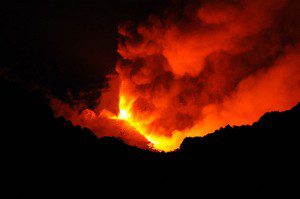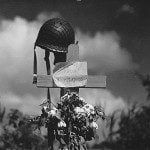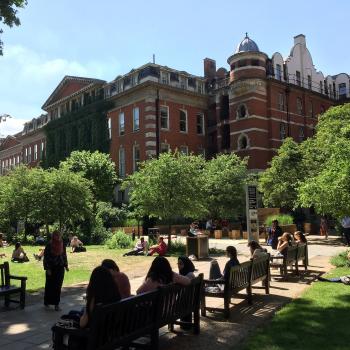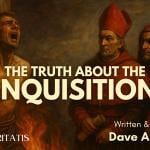
(Wikimedia Commons; click to enlarge)
I could devote several days to today’s wonderfully rich chapter, 2 Nephi 9. Certainly I could write much more than I’m going to write here.
However, true to my constraining but (for me) life-saving rule that I will only comment briefly on each chapter, I’m going to restrict myself to 2 Nephi 9:10:
O how great the goodness of our God, who prepareth a way for our escape from the grasp of this awful monster; yea, that monster, death and hell, which I call the death of the body, and also the death of the spirit.
I’m often struck by how matter-of-factly we accept death. Of course, we have no choice. And death is, alas, very common. Universal, in fact. We’re all going to die, along with everybody we know. No matter how much we watch our diets, no matter how hard we exercise.
Even the physical landscape around us is perpetually dying. (One becomes acutely aware of that in coastal regions such as California and the Hawaiian Islands, where the ocean continually hurls itself against the shore, wearing it down and, sometimes, tearing it off in large chunks.)
We live, as the ancients would have said, in the sublunary world of coming-to-be and ceasing-to-be. In the realm of change and decay. That’s the way it is.
But death is an obscenity. It’s obscene that vital, healthy, intelligent, active, learned, creative, loving, beloved people inevitably sicken and/or grow old, and die, if they’re not first killed in tragic accidents. It’s appalling that their life experiences, their stories, their insights and points of view, the lessons they’ve learned, are lost to those of us who briefly survive them. And that, shortly, they’ll be entirely forgotten.
Jacob is right to call death an “awful monster.”











